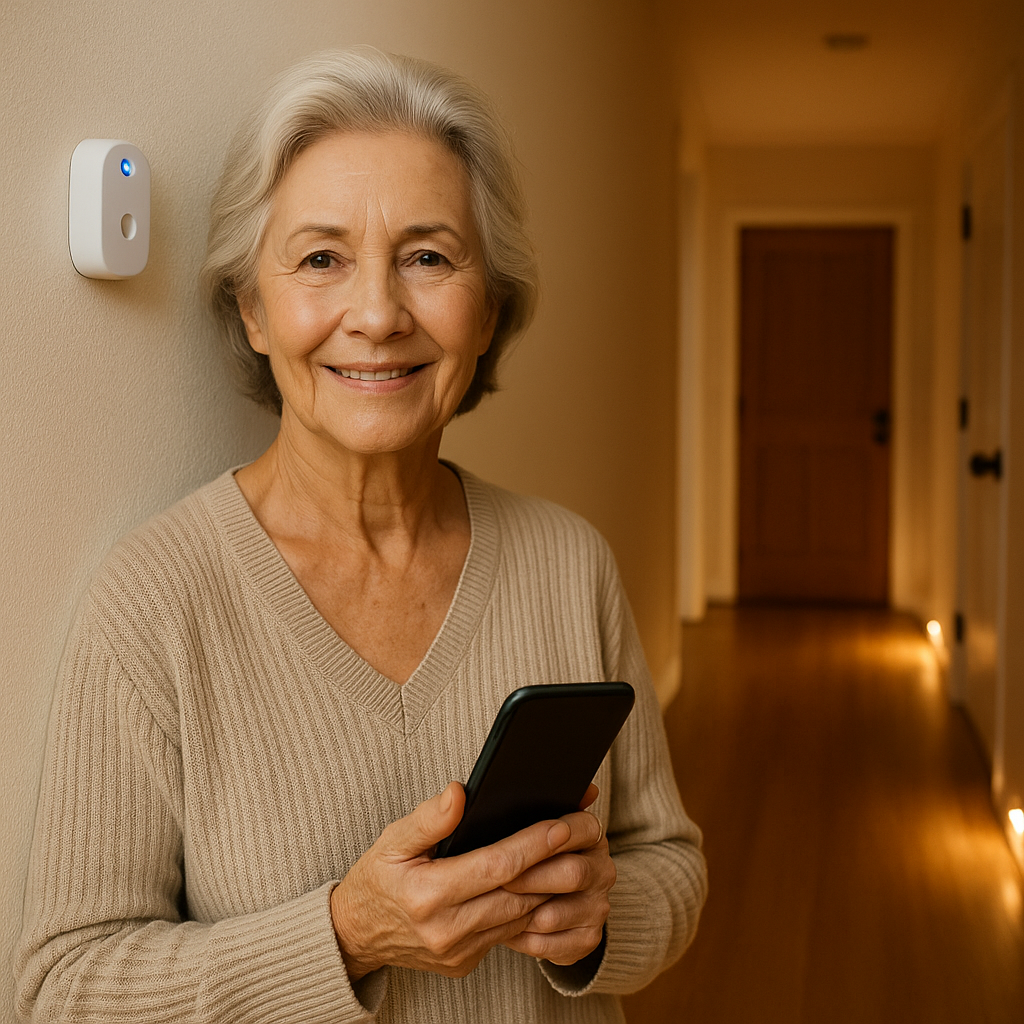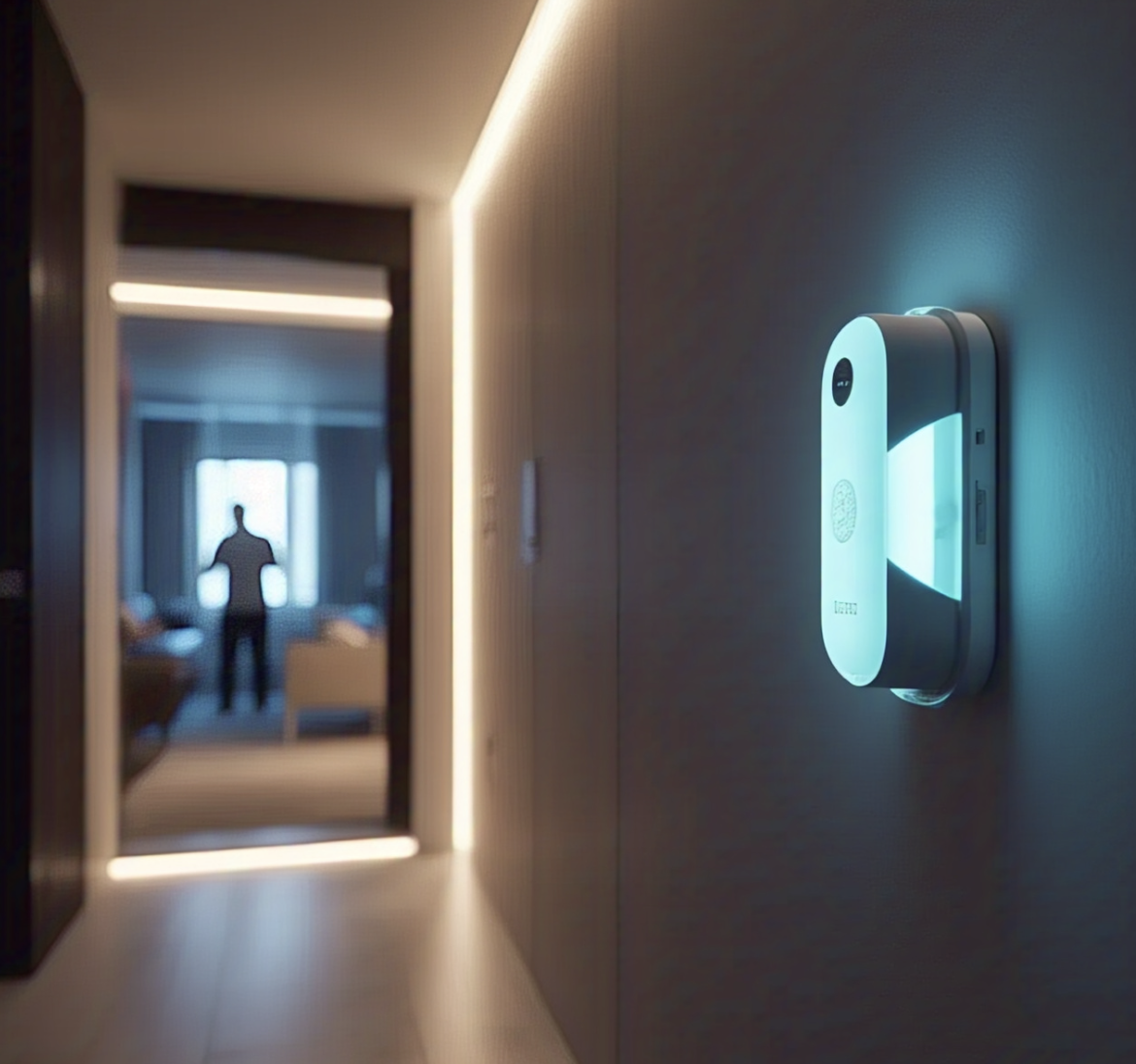What Predictive Care Actually Looks Like —And Why It Matters
What Predictive Care Actually Looks Like — And Why It Matters
Most care systems react after something happens. Predictive care works before you even know you need it. That quiet difference can change everything.
At Garrison Care, we believe aging at home shouldn’t be a gamble it should be a well-supported choice. Predictive care is one of the most powerful tools helping families make that possible. It doesn’t shout. It doesn’t demand attention. It simply works watching gently for patterns, noticing what’s different, and alerting someone before the stakes get high.
It’s not about technology for technology’s sake. It’s about confidence, freedom, and peace of mind delivered one quiet signal at a time..
From Emergencies to Early Indicators: A Shift in How We Care
Traditional home safety tools are designed to respond. A fall happens. A button gets pressed. Help is called.
But predictive care flips that model. It focuses on subtle signals before the crisis often things no one would notice unless they were looking closely every day.
These systems are built around real patterns:
What time someone normally gets up
How often they open the fridge
Whether their movement in the hallway looks slower today than yesterday
This is technology trained not just to record but to care. And when something seems off, it raises a quiet hand. Not to panic but to say, “Take a closer look.”
Every room becomes a silent caregiver — extending care without invading dignity.
What It Looks Like In Real Homes
Predictive care doesn’t require a house full of cameras or blinking control panels.
In fact, the best systems blend right into the background:
Motion Sensors in hallways can notice if Mom hasn’t gotten up by 8am like usual.
Bed Pressure Sensors can detect restless sleep patterns or skipped nights in bed clues that something might be wrong.
Smart Medication Alerts can nudge routines before doses are missed not after.
Environmental Sensors quietly track air quality, humidity, or even kitchen stove activity.
The result? A home that doesn’t just protect. It pays attention.
Why This Matters for Families Today
For adult children supporting aging parents especially from a distance predictive care changes the equation.
It offers something incredibly rare: Awareness without surveillance, Prevention without panic, and Conversation starters, not crisis calls.
Instead of finding out after something happens, families can check in early. They can ask better questions. They can show up sooner. For older adults, it preserves independence without turning their home into a control room. It gives quiet backup, not constant monitoring.
Predictive Doesn’t Mean Cold. It Means Thoughtful.
At Garrison Care, we see predictive care as an extension of the human experience not a replacement for it. Technology shouldn’t strip away dignity or create anxiety. It should enhance awareness, restore calm, and support people in living the lives they love on their terms. The goal isn’t to know everything. It’s to notice the things that matter, before they become emergencies.
Final Thought
When care begins with insight instead of incident, everything shifts. Predictive care doesn’t just respond to danger it protects routines. It preserves quiet mornings. It catches the “just in case” moments before they become “I wish we had known.” It helps families plan from a place of clarity, not fear. And that’s the kind of support aging at home truly deserves.
Thought-Provoking Question:
If your home could quietly notice changes before something went wrong what would that change for your peace of mind?
Want to Go Deeper?
Stay tuned for next week’s blog: “3 Questions Every Family Should Ask Before Hiring Home Support” Or explore more at garrisoncare.com/blog.
By commenting, you agree to our Comment Moderation Policy.

